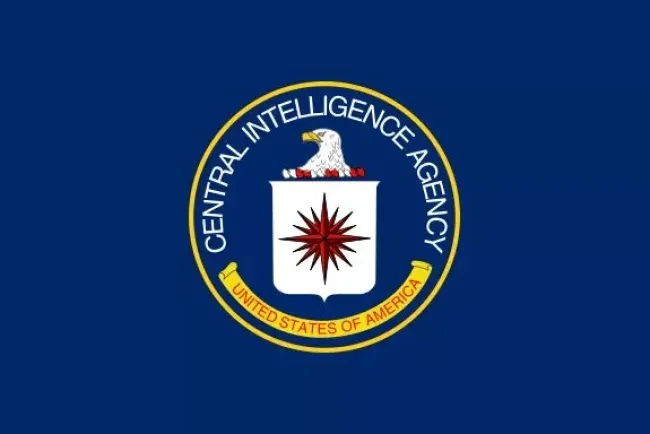Israel Strikes Beirut: Renewed Tensions Amidst Ongoing Conflicts
Israel has launched a significant airstrike on Beirut, marking the first attack on Lebanon's capital since the Israel-Hezbollah ceasefire took effect in November. What do these developments mean for the stability of the region? Read on for an in-depth analysis.
In a dramatic escalation of hostilities, Israel has conducted an airstrike on Beirut, targeting what it claims is a Hezbollah drone storage facility. This strike, the first on the Lebanese capital in over four months, raises alarms about the fragile state of peace in the region. Despite a ceasefire agreement, Israel has maintained a pattern of strikes against Hezbollah targets in southern Lebanon, suggesting an ongoing conflict beneath the surface.
Details of the Strike
Residents in the southern suburbs of Beirut reported hearing a loud explosion, followed by smoke rising from the attack site. Israeli officials characterized the targeted area in Dier as a critical stronghold for Hezbollah, underscoring the strategic nature of the strike. This area, however, is densely populated with residential and commercial buildings, including schools, raising concerns about civilian safety. Local residents expressed their indignation, asserting that the attack was an attempt by Israel to instill fear but would not succeed in intimidating the community.
The Israeli government justified the airstrike as retaliation for recent rocket fire from Lebanon into northern Israel. Israeli Defense Minister Israel Katz warned that the attacks on Beirut would persist unless the Lebanese government took action to prevent such incursions. In a statement, Katz emphasized that stability in Israel's northern communities was linked to peace in Beirut.
Hezbollah's Response
In response to the airstrike, Hezbollah denied any involvement in the rocket attacks that prompted Israel's retaliation, accusing Israel of fabricating a justification to continue its military operations in Lebanon. The ongoing exchange of hostilities highlights the complexities surrounding the Israel-Hezbollah conflict, with both sides entrenched in their narratives.
The Israeli military has released videos displaying the aftermath of airstrikes on suspected Hezbollah sites, showcasing the destructive power of the attacks. The U.S. government has come out in support of Israel, framing its military actions as self-defense. Furthermore, the U.S. has imposed new sanctions targeting Hezbollah's financial operations, aiming to diminish the group's influence.
Broader Implications
The airstrike in Beirut comes amidst a backdrop of escalating U.S. military action against Houthi forces in Yemen, reflecting a broader strategy to counter Iranian influence in the region. Recent U.S. airstrikes have targeted Houthi positions in response to attacks on international shipping routes, indicating a heightened military presence in the region's conflict zones.
The interconnectedness of these conflicts raises questions about the potential for further escalation. As Israel strikes at Hezbollah in Lebanon while simultaneously addressing threats from Houthi forces in Yemen, the regional security landscape appears increasingly volatile. The response from neighboring countries and global powers will be critical in determining whether these tensions will lead to wider conflict or if diplomatic efforts can restore stability.
Conclusion
As Israel's airstrike on Beirut signals a possible shift in the dynamics of the Israel-Hezbollah conflict, the international community must remain vigilant. The fragile ceasefire is now under serious threat, and the potential for a wider regional conflict looms large. With both Israel and Hezbollah entrenched in their positions, the path forward remains uncertain, and the consequences of these hostilities could resonate far beyond Lebanon's borders.
For the latest updates on the situation in the Middle East, stay tuned to our blog and follow us for comprehensive coverage.
What's Your Reaction?
















